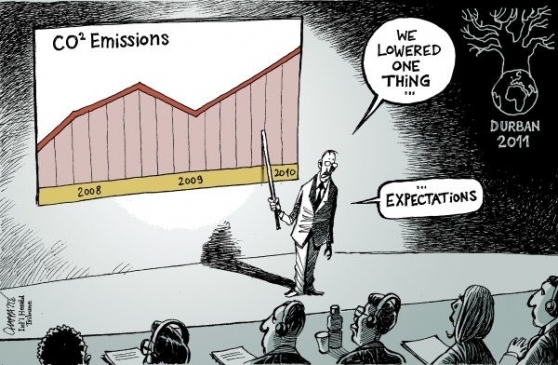The 1999 International Global City-Regions Conference convened by the UCLA School of Public Policy and Social Research ( October 21-23, 1999, Tom Bradley International Hall UCLA) led to the foundation of a new Center for Globalization and Policy Research. The first two paragraphs of the Conference's Theme Paper follow.
Although the conference addressed sustainability only secondarily, as a tangential environmental phenomenon, the conference synthesized many research tangents into a conceptual foundation for a powerful socio-spatial understanding of the forces of globalization and the implications for policy and planning research and practice. Since the forces of globalization are a key component of the sustainability challenge, this conference and subsequent books, papers and the new Center for Globalization and Policy Research are useful resources in accurately understanding the challenge of sustainability and the requirements and critical path of an effective response.
Conference Theme Paper GLOBAL CITY-REGIONS by Allen J. Scott, John Agnew, Edward W. Soja, and Michael Storper
Introduction
There are now more than 300 city-regions around the world with populations greater than one million. At least twenty city-regions have populations in excess of ten million. They range from familiar metropolitan agglomerations dominated by a strongly-developed core such as the London region or Mexico City, to more polycentric geographic units as in the cases of the urban networks of the Randstad or Emilia-Romagna. Everywhere, these city-regions are expanding vigorously, and they present many deep challenges to researchers and policy makers as we enter the 21st century. The processes of world-wide economic integration and accelerated urban growth make traditional planning and policy strategies in these regions increasingly problematical while more fitting approaches remain in a largely experimental stage. New ways of thinking about these processes and new ways of acting to harness their benefits and to control their negative effects are urgently needed.
The concept of global city-regions can be traced back to the "world cities" idea of Hall (1966) and Friedmann and Wolff (1982), and to the "global cities" idea of Sassen (1991). We build here on these pioneering efforts, but in a way that tries to extend the meaning of the concept in economic, political and territorial terms, and above all by an effort to show how city-regions increasingly function as essential spatial nodes of the global economy and as distinctive political actors on the world stage. In fact, rather than being dissolved away as social and geographic objects by processes of globalization, city-regions are becoming increasingly central to modern life, and all the more so because globalization (in combination with various technological shifts) has reactivated their significance as bases of all forms of productive activity, no matter whether in manufacturing or services, in high-technology or low-technology sectors. As these changes have begun to run their course, it has become increasingly apparent that that city in the narrow sense is less an appropriate or viable unit of local social organization than city-regions or regional networks of cities. One tangible expression of this idea can be observed in the forms of consolidation that are beginning to occur as adjacent units of local political organization (provinces, Länder, counties, metropolitan areas, municipalities, départements, and so on) search for region-wide coalitions as a means of dealing with the threats and the opportunities of globalization. In this process, we argue, global city-regions have emerged of late years as a new and critically important kind of geographic and institutional phenomenon on the world stage.
In what follows, we attempt to bring these remarks into closer conceptual focus. Our discussion is driven by five main questions, i.e., . . . (continue overview paper here: http://www.sppsr.ucla.edu/globalcityregions/Abstracts/abstracts.html)
 June 11, 2009 at 09:58PM
June 11, 2009 at 09:58PM  Sustainability 2030 |
Sustainability 2030 |  Post a Comment |
Post a Comment | 




Stephen Cohen Column
Stephen Cohen's Weekly Column in the New York Observer
Understanding the Climate Policy Debate.
Developing a Sustainable Planet--The Basics.
Stephen Cohen is a professor at Columbia University and it's the Earth Instittue.